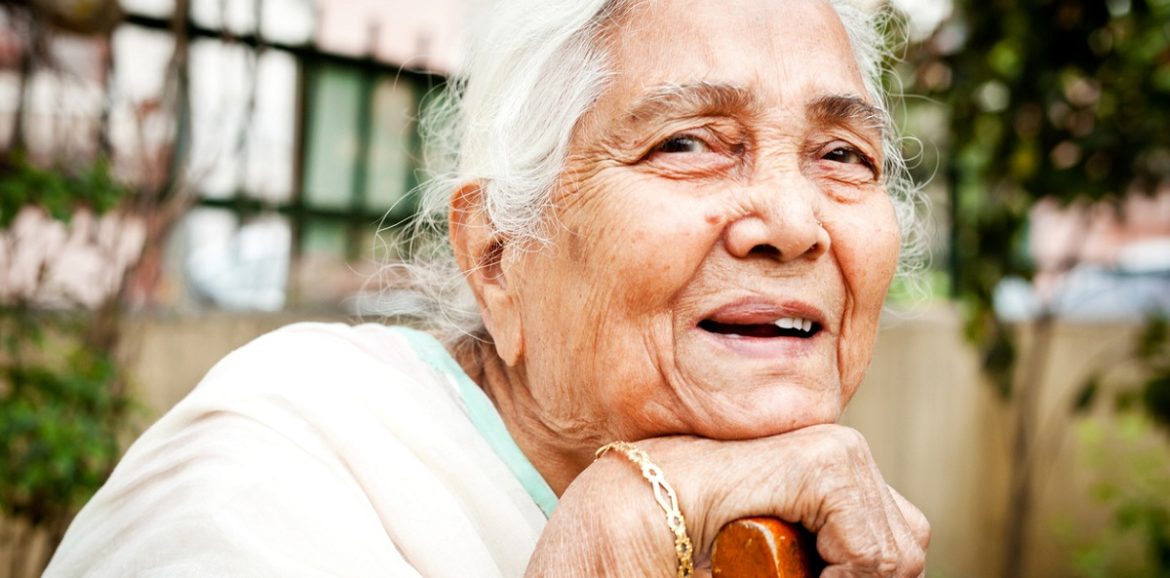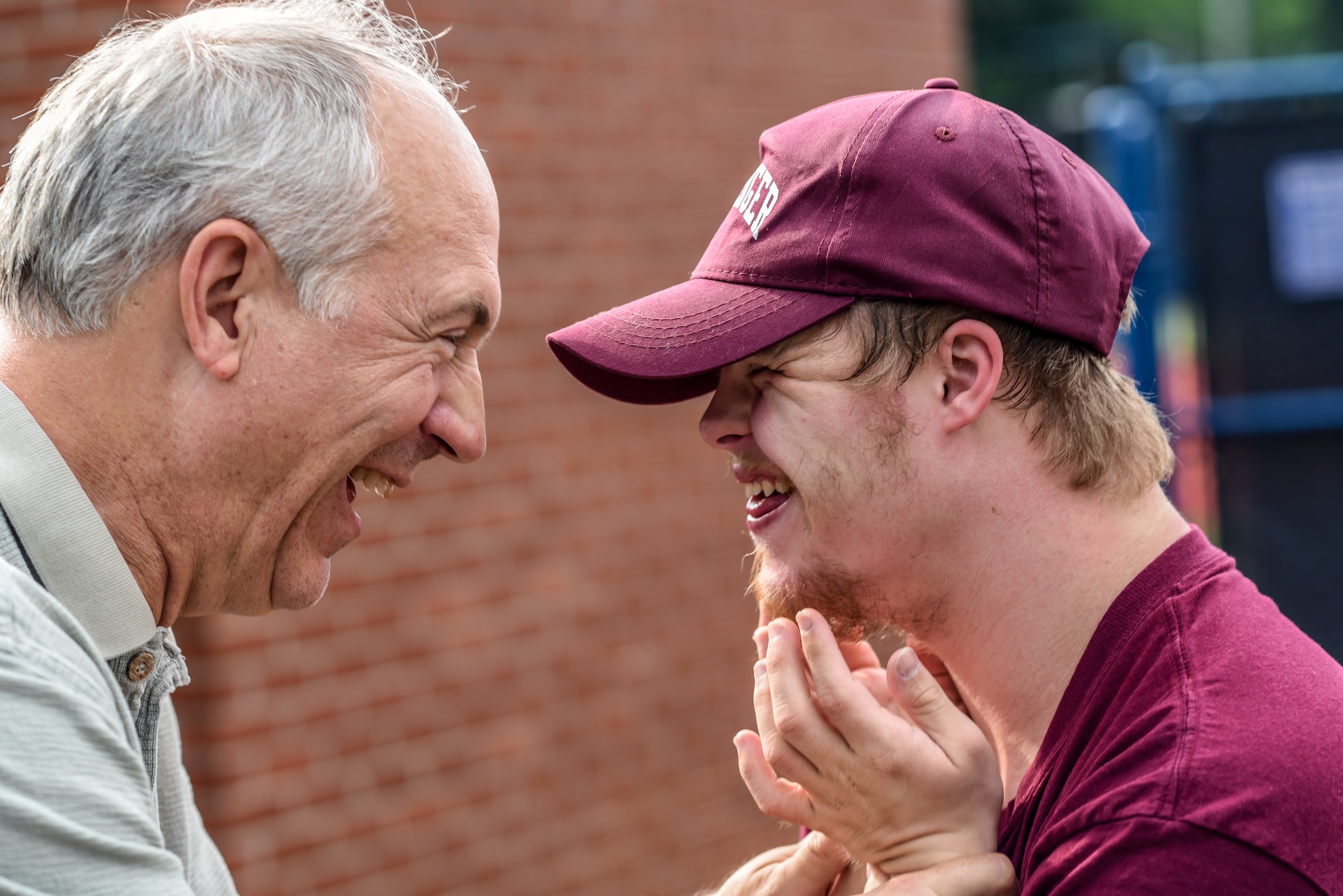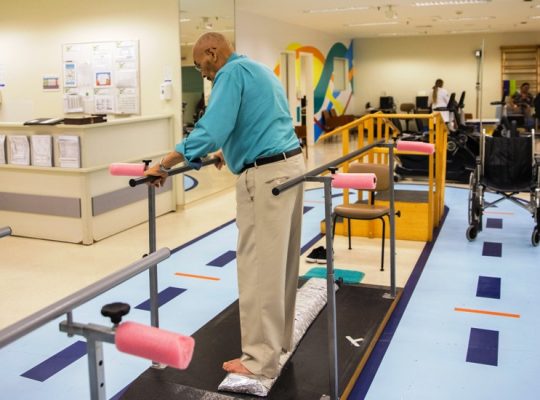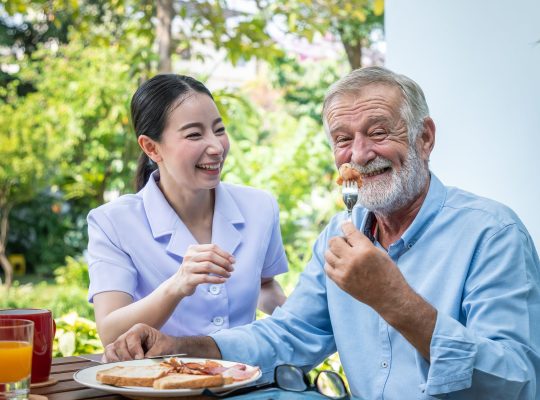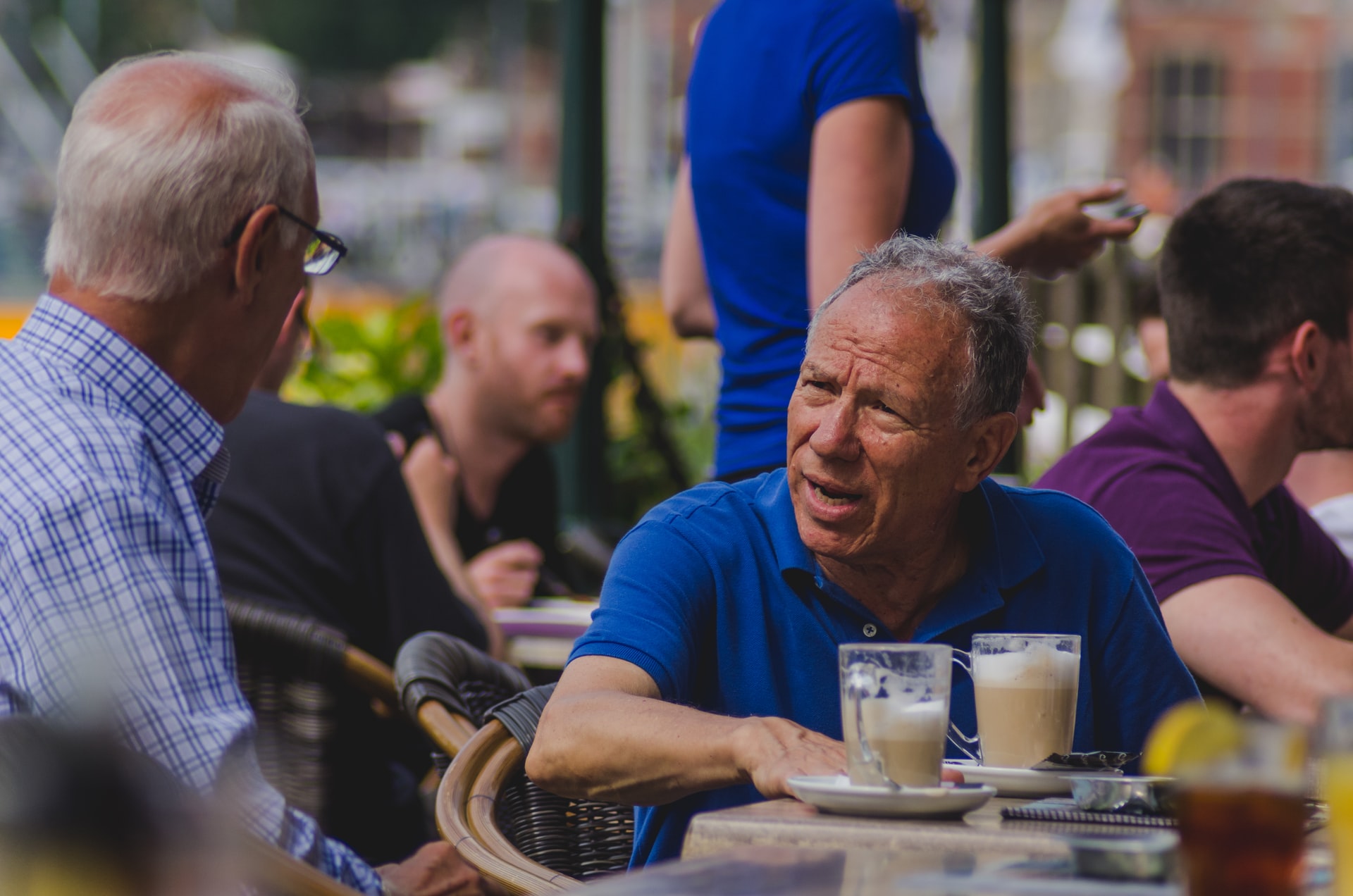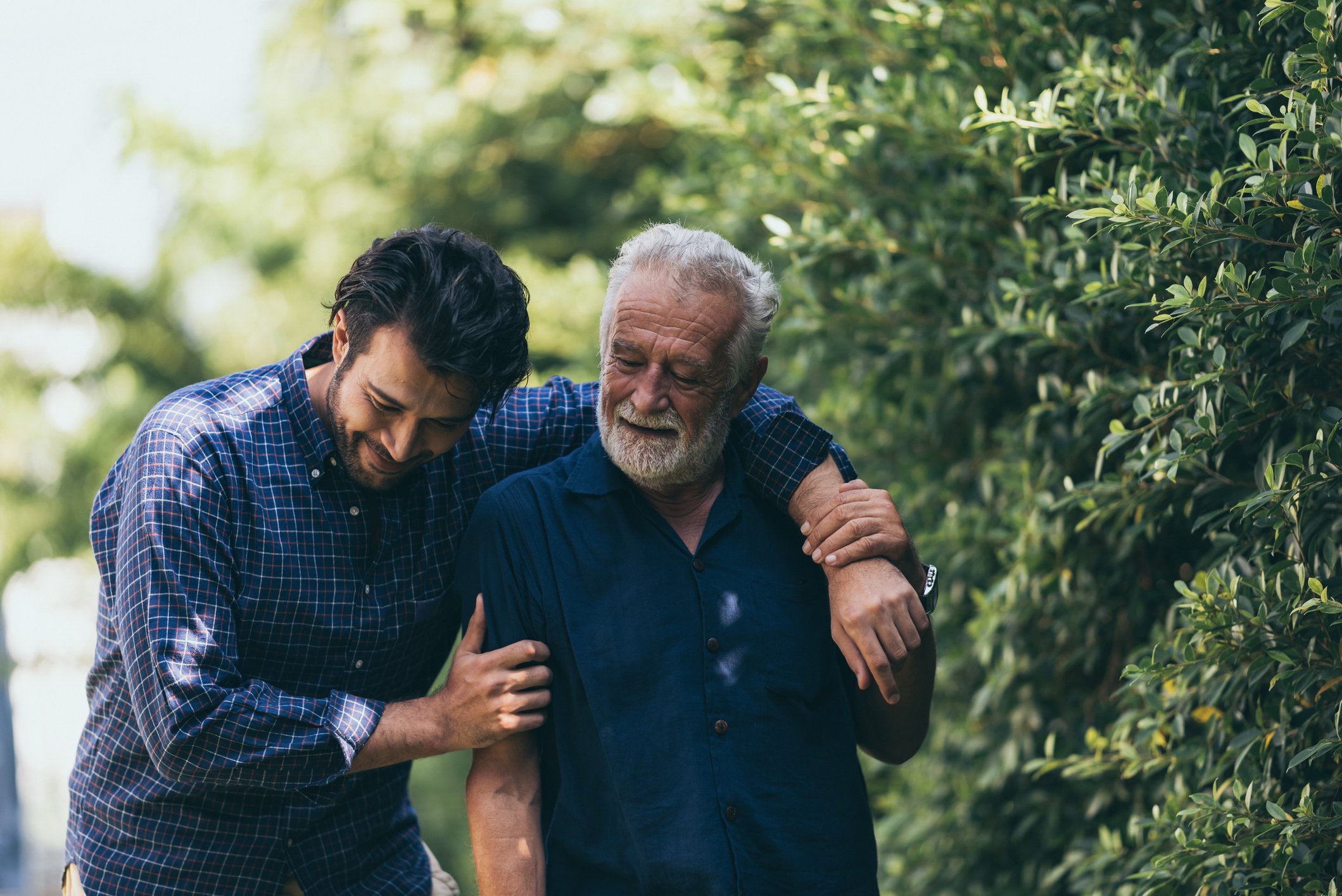According to a recent report, there are approximately 138 million older adults in India. It is an undeniable fact that the population of elderly persons in India has significantly increased over the last few years. However, the question that remains to be asked is: Is the country addressing the needs of older adults?
Understanding the Care and Support Needs of Older People in India
Today, people often forget that older people have a wealth of experiences and skills that can contribute effectively to society. Although the role played by young adults is integral, one should not forget that elders are wiser and more knowledgeable than any of us. Over the years, older people have accumulated a lot of experiences, which allow them to better judge a situation or person and give constructive advice to others. In a family, for example, older members can bring wisdom and unconditional love that can shape the future of younger members. They also play an important role in holding the family firm during times of crisis.
That said, older people are in a very sensitive phase where they require constant care and support. Once a person reaches the aging phase, he starts becoming physically weak. Muscle weakness, pain and headaches are common physical symptoms when a person reaches old age and is affected by old-age weakness. It is also important to realize that people would have less control over their own emotions as they age. It is no big secret that seniors are more vulnerable and emotionally sensitive than other age groups. Aging does not only come with a change in physical abilities and strengths but also with vulnerability and dramatic responses concerning thoughts and emotional reactions from negative situations.
This is why addressing the care and support needs of older people is one of the urgent public health priorities. Like in any other countries, seniors in India have certain physical, physiological and social needs that should be taken into consideration. So, let’s explore the basic needs of elderly adults in India.
Personal Care:
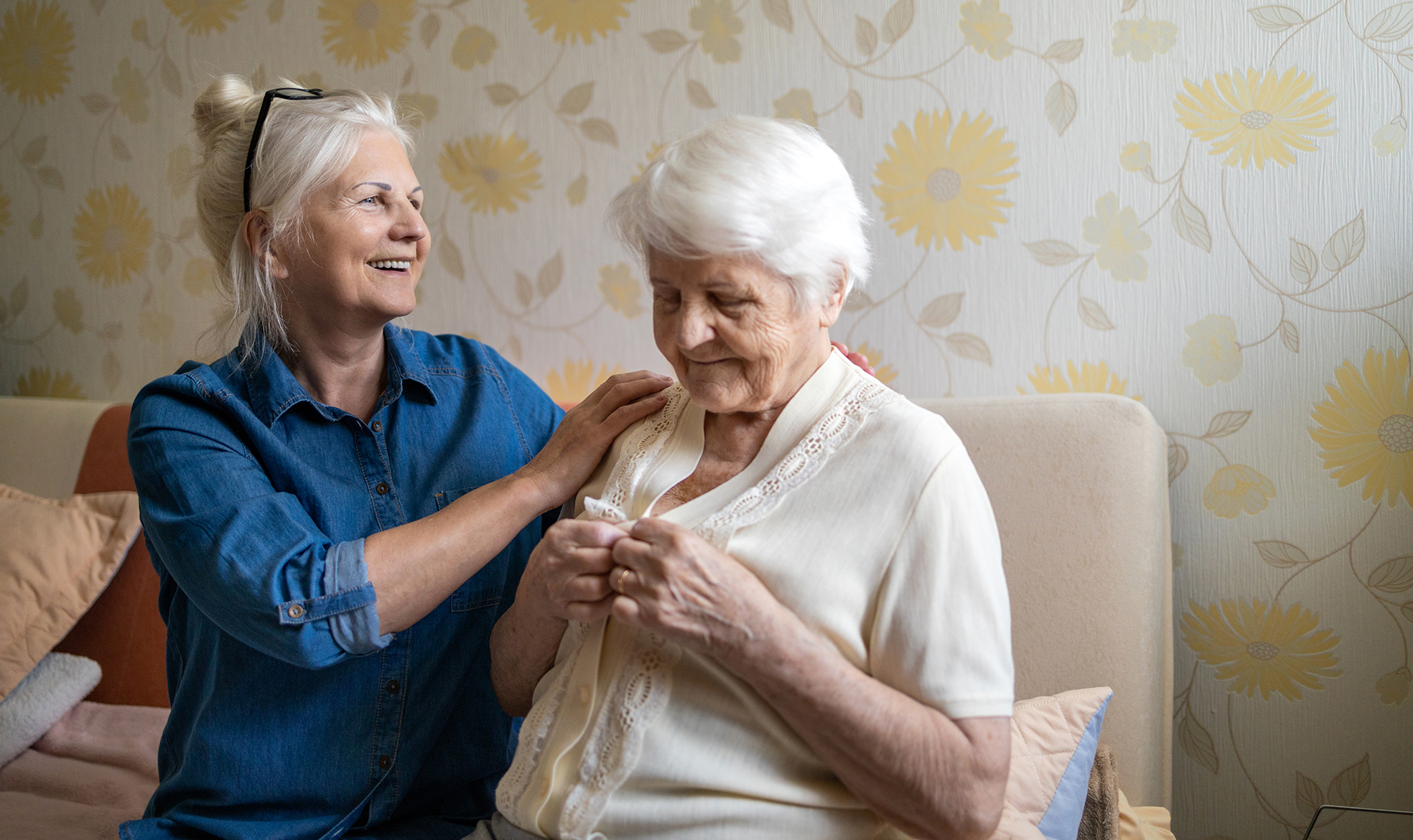 Personal care for older adults refers to the assistance and supervision of daily tasks and toileting as well as helping elders maintain their personal appearance. Personal care needs include oral hygiene, bathing and showering, shaving, dressing, getting ready for bed, applying make-up, hair care, going to the toilet, foot care and so on.
Personal care for older adults refers to the assistance and supervision of daily tasks and toileting as well as helping elders maintain their personal appearance. Personal care needs include oral hygiene, bathing and showering, shaving, dressing, getting ready for bed, applying make-up, hair care, going to the toilet, foot care and so on.
Household Chores:
 At the all-India level, studies revealed that an average woman might spend around 20 % of her time (or more) engaged in unpaid household chores, including cooking, cleaning and maintaining home décor.
At the all-India level, studies revealed that an average woman might spend around 20 % of her time (or more) engaged in unpaid household chores, including cooking, cleaning and maintaining home décor.
Whether you like it or not, when you are an Indian, household chores are a necessary part of your everyday life. Doing chores ensures that your house continues to run efficiently and makes children more responsible. However, older adults won’t be able to handle chores like yard work, laundry and bathroom cleaning on their own and thus require help.
Meals:
 In many households, cooking is considered a mandatory skill for Indian women. While the 106-year-old Indian grandma became a cooking sensation on YouTube, there are many old women that are too weak to cook for themselves. Once a person reaches old age, there is a need to consume more healthy and nutritious needs. In some countries, such meals are offered at a nearby senior center or place of worship.
In many households, cooking is considered a mandatory skill for Indian women. While the 106-year-old Indian grandma became a cooking sensation on YouTube, there are many old women that are too weak to cook for themselves. Once a person reaches old age, there is a need to consume more healthy and nutritious needs. In some countries, such meals are offered at a nearby senior center or place of worship.
If you are finding it hard to cook for yourself, ask a member of your family to bring you a healthy meal a few times a week.
Meaningful Relationships:
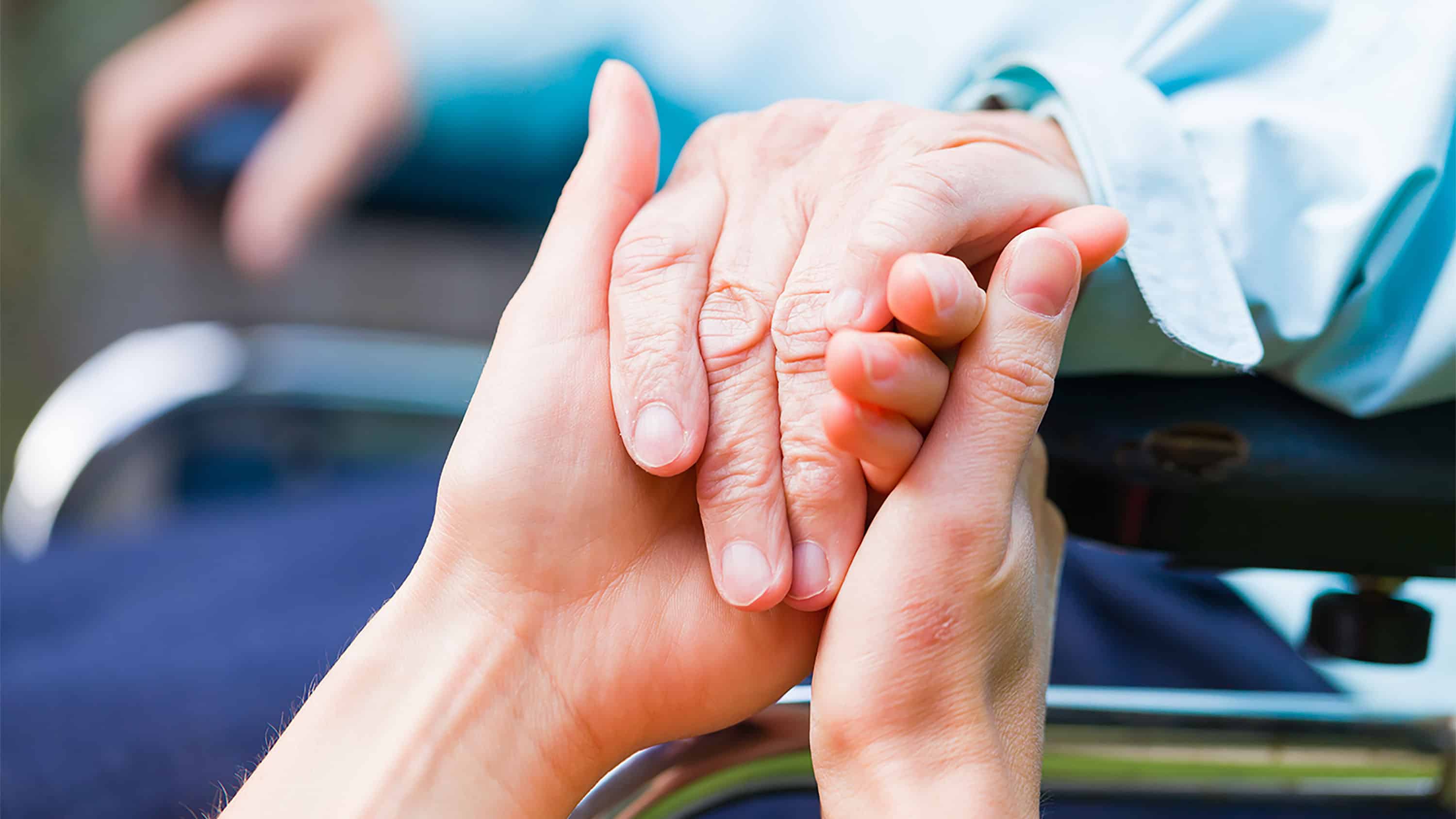 Compared to other age groups, seniors are more vulnerable to loneliness, depression and social isolation. Because of how they are often treated, older adults believe that they have become invisible or unimportant in today’s youth-obsessed society. For example, a study found that around 80 % of old people feel less important and are often ignored by younger generations due to their traditional societal values.
Compared to other age groups, seniors are more vulnerable to loneliness, depression and social isolation. Because of how they are often treated, older adults believe that they have become invisible or unimportant in today’s youth-obsessed society. For example, a study found that around 80 % of old people feel less important and are often ignored by younger generations due to their traditional societal values.
To prevent seniors from taking extreme measures or feeling left out, it is important to spend quality time with them and make them feel loved.

